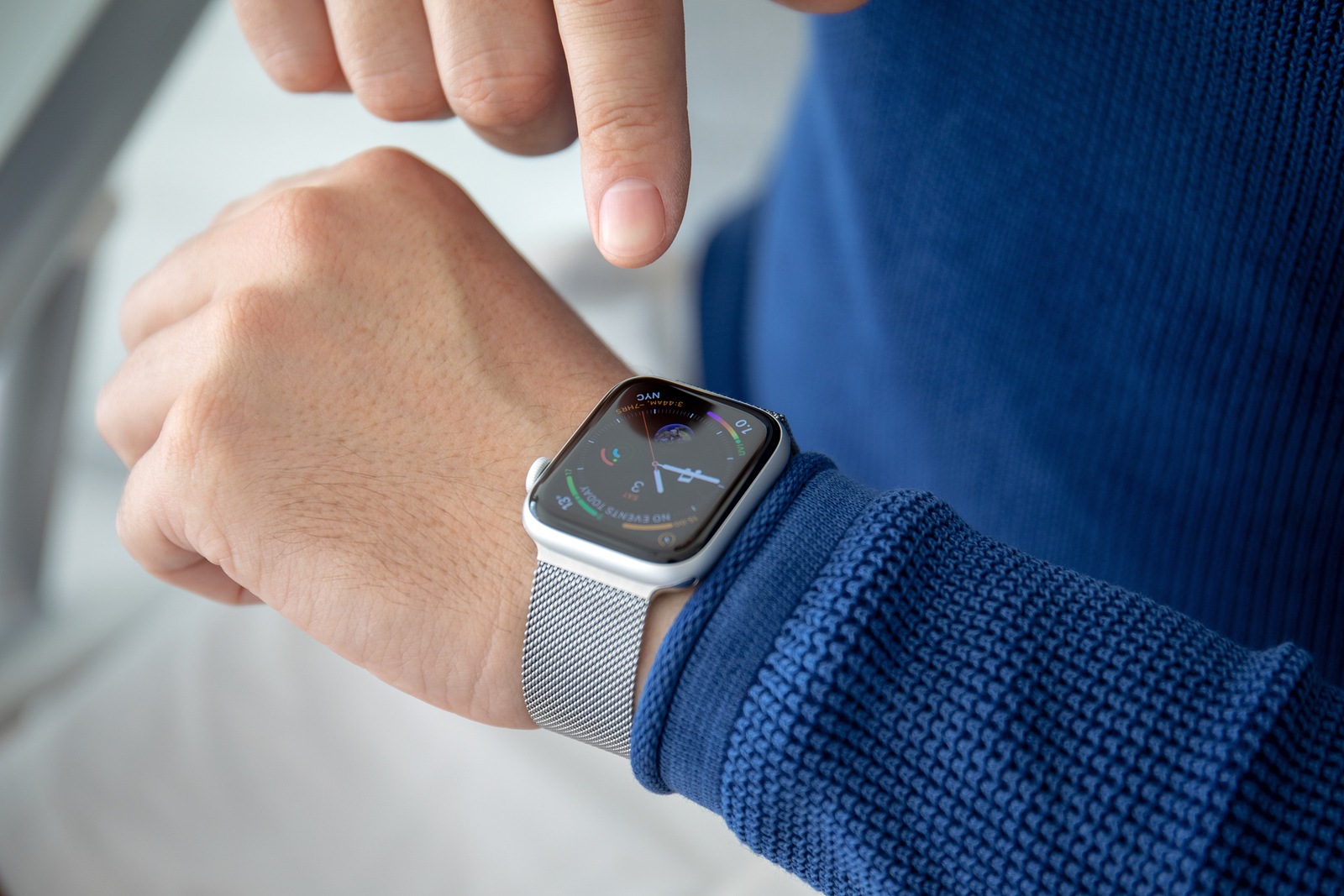Apple has started shipping the first Developer Transition Kits. The first benchmarks have now been published.
Apple announced the end of Intel Macs at this year's WWDC 2020. To ease the transition to the new ARM-based Mac devices, registered developers are now receiving a so-called Developer Transition Kit. This allows applications that were previously designed for Intel Macs to be adapted for future Apple Silicon Macs. Although developers who receive such a Developer Transition Kit have a confidentiality clause in their agreement with Apple, initial benchmarks have nevertheless been made available on Geekbench. Please note: Because the Geekbench software has not yet been adapted for Apple Silicon, the tests had to be carried out using virtualization using Apple's Rosetta technology.
Rating equivalent to MacBook Air 2020
The Apple “Developer Transition Kits” seem to score about 800 on the Geekbench v5 single-core test and about 2600 on the multi-core test. to reach. For comparison, the entry-level MacBook Air achieves a Geekbench score of 1005 on the single-core test and around 2000 on the multi-core test. This means that Apple's ARM-based test hardware achieves roughly the same score as a 2020 MacBook Air. Running it through Rosetta affects performance, but the exact amount cannot be specified at this time. Developers estimate that the performance penalty could be around 25-40 percent. The reports on the cores are particularly interesting.
The final product will be significantly stronger
The developers report that the Developer Transition Kit (based on a Mac mini) only has four active cores. The A12Z chip used has eight cores, four performance cores and four efficiency cores. However, it should be emphasized at this point that this is a developer kit. It is only intended to help with porting existing software. The end products will certainly be more powerful. But this is absolutely enough for a little taster. The first Apple Silicon Macs will be presented at the end of this year. So we will have to be patient a little longer. (Image: Apple)




